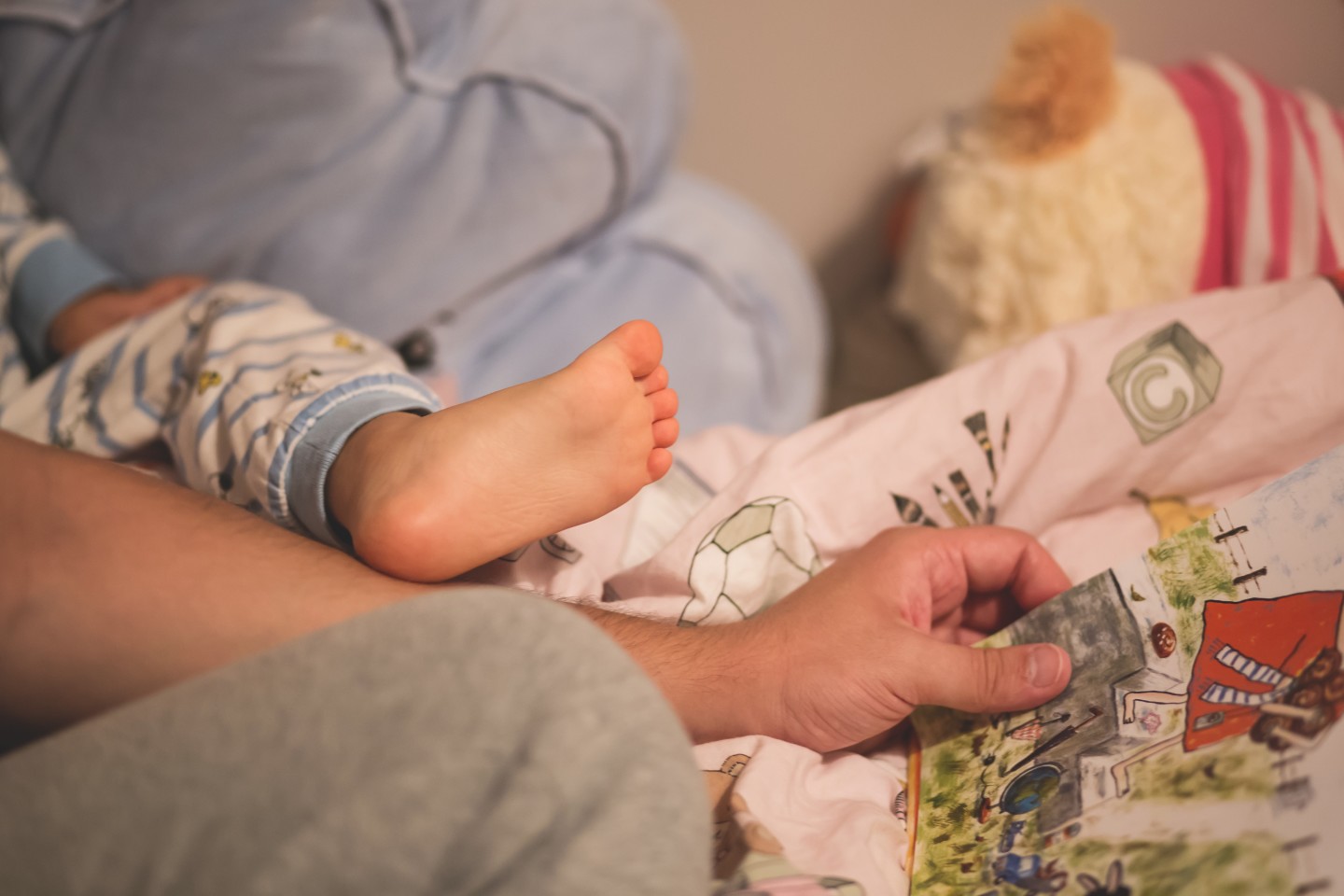4 reasons your 2 year old is stalling at bedtime

We hear it all the time… your 2 year old (or 3, or 4 year old) was a great sleeper. But suddenly they’re crying and clingy at bedtime or taking forever to fall asleep. What’s going on?
Here are some of the most common reasons bedtime suddenly gets harder at this age:
1. Bedtime is too early
They’ve outgrown their schedule. Older toddlers and preschoolers need more awake time between their nap and bedtime than their younger counterparts. If they’re taking a solid 2 - 3 hour afternoon nap, for many it will be impossible to fall asleep less than 6 hours later.
2. Bedtime routine is too short
Older children sometimes need longer periods of time to unwind. We often suggest building in more downtime before bed so they’re more relaxed once it’s time to sleep. Try reading an extra bedtime story or working on a puzzle together.
3. Testing limits
This age group is notorious for testing limits and exploring independence. While it can be challenging, it’s ultimately beneficial and completely developmentally appropriate. However, giving in to all the new requests can make bedtime long and stressful. Deciding what your boundaries are and sticking with them can really cut down on bedtime struggles.
4. Separation anxiety
Separation anxiety isn’t just for babies. Older kids go through phases of fear and anxiety too. They have vibrant imaginations, but the difference between what’s imaginary vs. real is not yet so clear. Night lights and comfort objects can help little ones feel more secure at night when it’s time to go to sleep. It's best to choose a night light that emits red or amber light. These colors have been shown to have the least impact on melatonin production, which is crucial for maintaining healthy sleep patterns.
If these issues sound familiar, we want you to know that you’re not alone! We help families improve bedtime with our personalized recommendations on a daily basis. Our sleep experts use algorithms (developed by Ph.D.'s in data science) and their vast experience to develop customized plans for each family.
Note: The content on this site is for informational purposes only and should not replace medical advice from your doctor, pediatrician, or medical professional. If you have questions or concerns, you should contact a medical professional.



